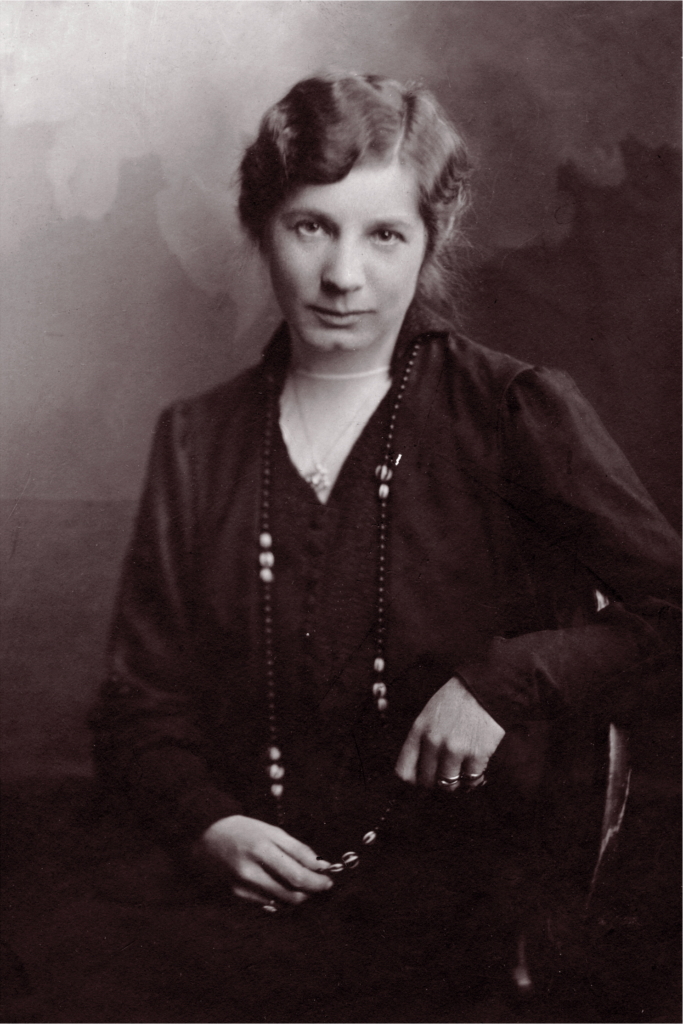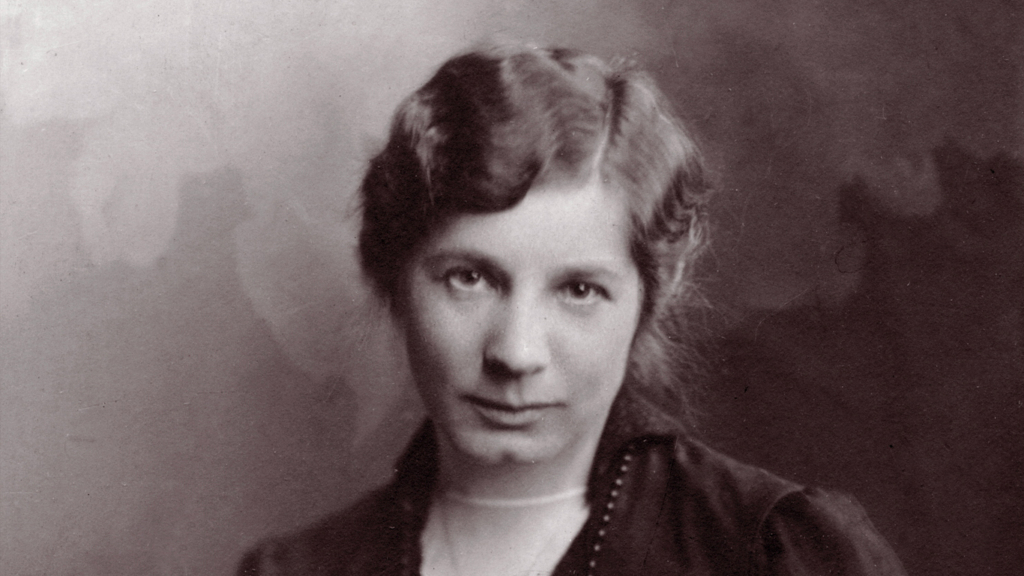Women’s emancipation, civil rights and female voting were some of the things that Elin Wägner fought for in paving the way for a gender equal world.
Born in Lund in 1882, Elin Wägner is best known for her commitment to the women’s suffrage movement, founding “Rädda barnen” (International Save the Children’s Alliance), and creating the women’s citizen school at Fogelstad. As a trailblazing feminist of the 19th century, Wägner’s accomplishments warrant an homage for this year’s International Women’s day.
This year, the theme for International Women’s day is Choose to Challenge, where we can all choose to challenge and call out gender bias and inequality. We can choose to celebrate women’s achievements and fight to create a more inclusive world.
Elin Wägner chose to challenge: not only was she a feminist, but a writer, journalist, scriptwriter, teacher, and ecologist. As a young woman who fulfilled all her aspirations, she paved the way for future female generations to do the same. Wägner took charge of political conversations in her writing, fighting for women’s rights and uplifting the female community through her teaching in civil rights.
Regarded as a prolific writer, Wägner went on to winning a place at the prestigious Swedish Academy, being the second woman to have ever been offered a seat after Selma Lagerlöf. Not only was this a big step up for women, but her books referring to the “segregation” of women in society could now be widespread across Sweden, influencing a whole population. It was not until the 21st century that her most famous books, such as Men and Misfortunes, regarding the honesty and realism of women’s lives, were translated into various languages and sold worldwide.
Elin Wägner is seen as a female revolutionary that is loved by many – but with every revolution comes resistance and opposition. Many saw her as difficult, as she was before her time, and it is only now that time has caught up to her. Her critique of civilization was seen as cumbersome and unsuitable. Elin Wägner was a fierce moralist who stipulated the impossible of society – the right to vote as a woman, peace, love, and that the environment should take precedence over anything else. Despite the naysayers, Elin Wägner continued with her commitment and questioning of the very foundation of society, with its patriarchal order, wars, and exploitation of people.
With her fierce moralist compass, she and the Fogelstad group continued to educate people, focusing on civil rights, teaching women how to use their rights to vote. After creating the Fogelstad school for women, Wägner helped in creating a newspaper for women, Tidevarvet, discussing political and cultural aspects of society. All the articles and books written by Elin Wägner can be seen to be 30 years ahead of her time, and not until the late 1900s did these ideas have an impact on society. Although she did not live to see her influence (she died in 1949), it has in no doubt paved the way for the feminist movement today and the building of the egalitarian society seen in Sweden.
One can wonder what Elin Wägner would have thought of the cancel culture movement or Greta Thunberg’s environmental activism? It is most likely that she would have preached what she has done historically, opposing environmental damage and any kind of injustice towards people, whether it be sexism, abuse, or harassment. Wägner went on to become the most influential feminist pioneer in Sweden, challenging the foundations of society in her time.











